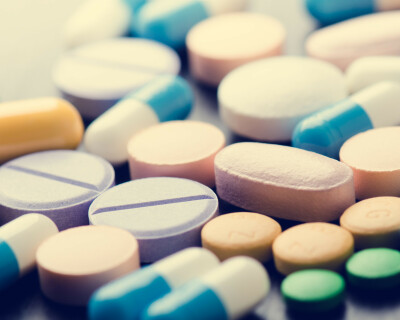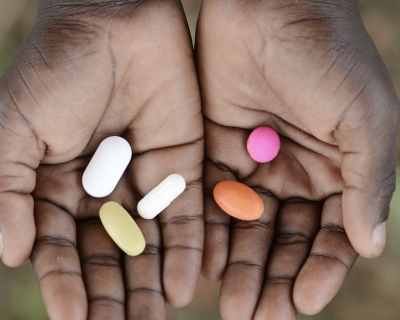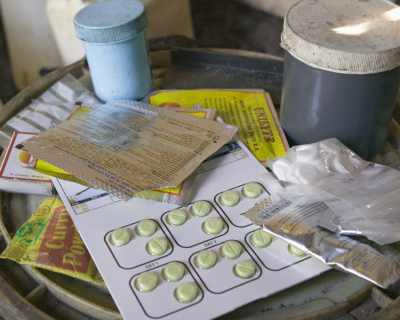“Access to pharmaceuticals is a powerful symbol of inequities in global health”
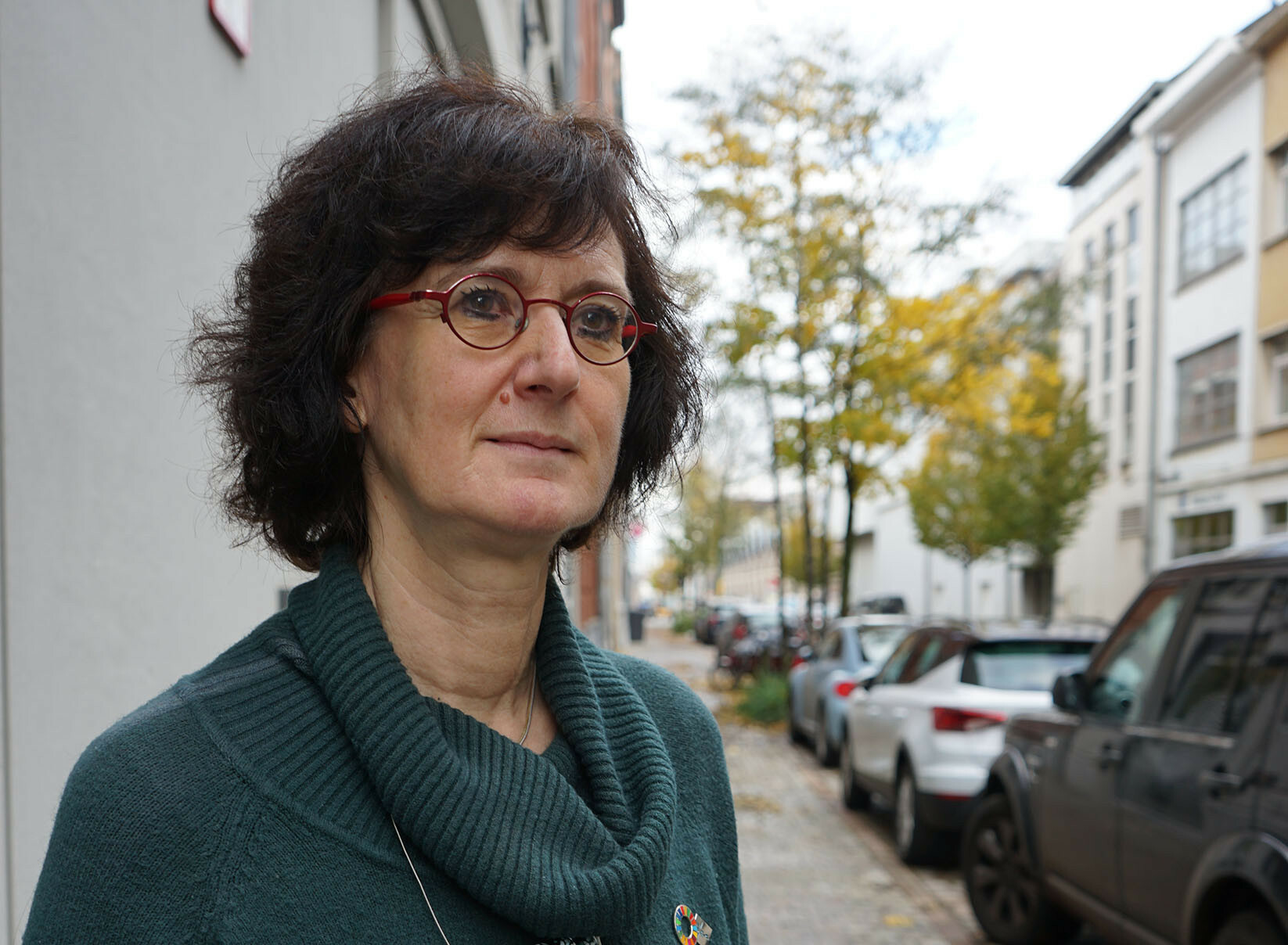
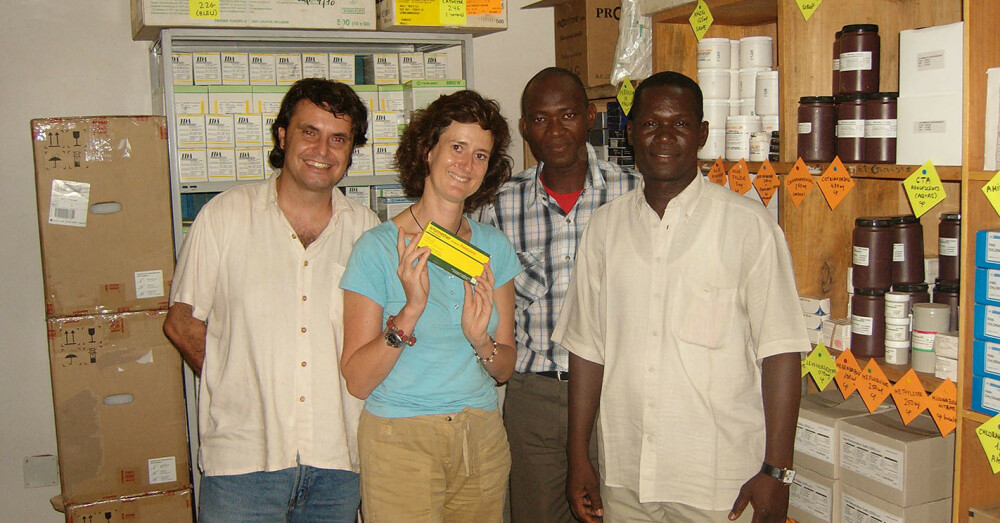
Tell us about your background. Did you always know you wanted to be a researcher?
No, not at all. I am a pharmacist by training, I studied at the University of Turin, Italy. After my graduation I started working in a pharmacy but after six months it was clear that that wasn’t my path (laughs). I went on to pursue clinical research at a pharmaceutical company, but I strongly felt that I wanted to work in an international setting, contribute to global health, and do something with social value. So I joined the humanitarian world, and in particular Doctors Without Borders (MSF) and worked in the humanitarian field for seven years on projects in the Balkans, in sub-Saharan Africa, and in Latin America. I focused on access to and quality of essential medicines.
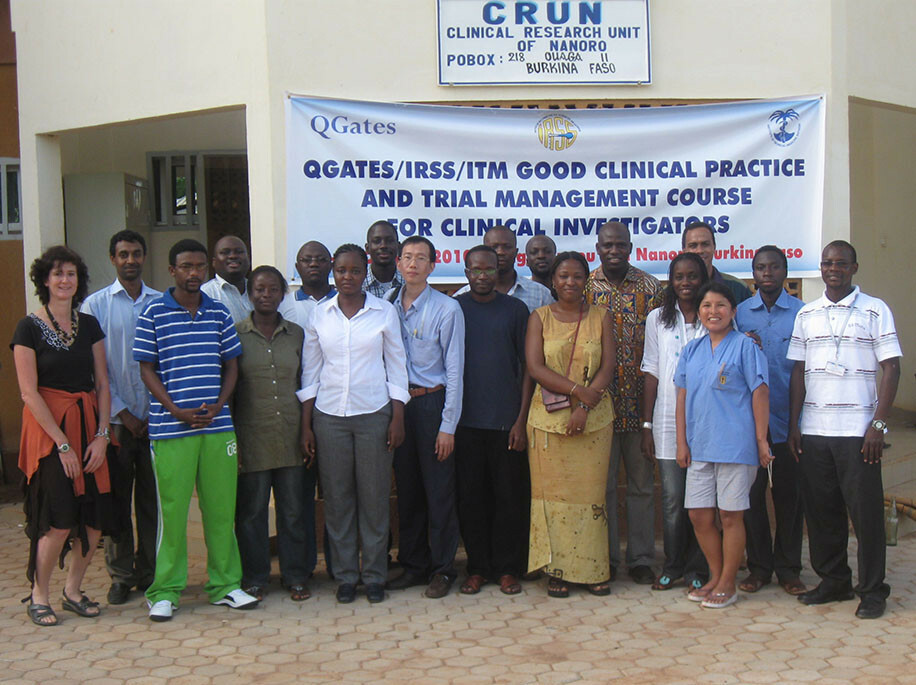
What made you join ITM?
In the humanitarian field you are constrained by space and time: you remain an external intervener. I wanted to collaborate with the countries in a long-term way. During my years with MSF, I obtained a Postgraduate Diploma in Tropical Medical Biology from ITM, and I joined the institute in 2006 as Head of the Clinical Trials Unit (CTU), which I led for 10 years. During this time I also did a PhD in biomedical sciences on the methodological and ethical challenges of clinical research in low- and middle-income countries. My ITM supervisor was the late Marleen Boelaert, who remains a great source of inspiration for me.
After the CTU you became senior researcher in the Department of Public Health.
It was something new: a full-time postdoc on pharmaceutical policies, where I could build the policy, research and education portfolio from scratch, and the challenge intrigued me. Access to good-quality pharmaceuticals is a powerful symbol of inequities in global health, and through our work we have been trying to contribute to global justice in health. This has been a primary driver in my professional life.
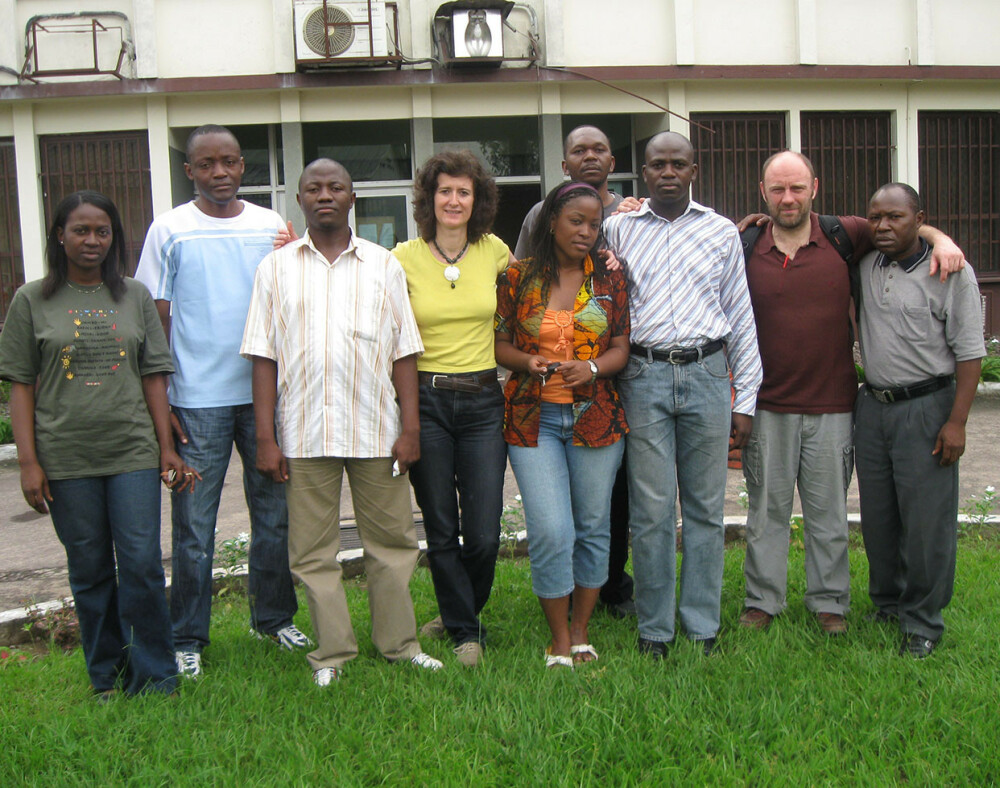
What are your highlights from these years?
Many! We have done research on quality assurance systems of medicine distributors in the global South, and we were able to inform policy makers about the status of suppliers in certain countries.
On the policy support front, thanks to our excellent collaboration with DGD, the Belgian Ministry of Health, ITM and other non-governmental actors committed to the use of quality medicines in their humanitarian and development activities in low- and middle-income countries (LMIC). Together with the Ministry, we remain committed to promoting access for controlled substances for pain management in LMIC. Getting the Belgian nationality was an important personal milestone for me: I feel a stronger legitimacy to be an official member of a national Belgian delegation.
Additionally, I developed a short course called Pharmaceutical Policies in Health System, with lots of support from Professor Bart Criel, who was great in empowering me as a senior researcher in his unit. The course has been running since 2021 and has become very popular; we have several world-class experts as lecturers.
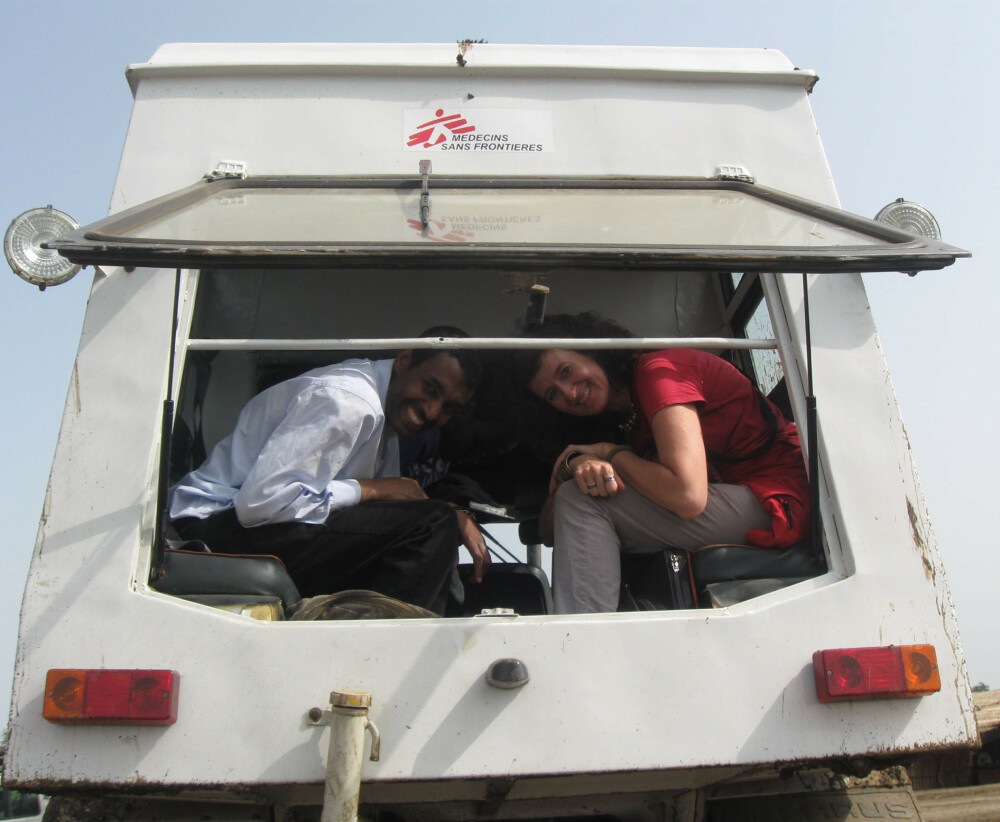
You also have been heading ITM’s Institutional Review Board since 2018.
It has been a very important mandate in my career. The IRB reviews all non-commercial research protocols in which ITM researchers are involved, in order to assure compliance with adequate ethics principles and requirements. We were very proud of our work during the Covid-19 and mpox epidemics: we were able to provide reviews to scientists in 4-5 days, a crucial thing in case of a pandemic emergency. We also improved the IRB’s presence in our education activities, and now teach several classes in on research ethics. I have always been interested in the broader ‘ecosystem’ around medical research, and this interest feeds my work on policies, integrity and ethics.
In some cases, research projects need accredited ethics committee approval under Belgian law, by the Ethics Committee of the Antwerp University Teaching Hospital. However, ITM started the IRB because of the specificities of our research: we are working in settings with fragile health systems and with socially vulnerable people, so there is need for an “additional check”. Let’s say that during a research project in Belgium you incidentally discover that a study participant has another disease: the health insurance will cover the extra treatment. But if your project is based in Burkina Faso, there is no health insurance for most members of the community, and this needs to be taken into account when developing that project. We also look at fair partnership – to make sure that due credit is given to local researchers, and that governance of data and samples is jointly exerted – and community engagement. Our approval is conditional upon the ethics approval in the country with whom we will work.
In July 2023 you became Professor of Pharmaceutical Public Health and, in November, Head of the Department of Public Health. What are your plans?
I have a two-fold mission: I have to build a unit and manage a department at the same time. In my unit there are already two wonderful researchers, Saleh Aljadeeah and Belén Tarrafeta. Saleh is a pharmacist from Syria with expertise in conflict-affected settings and with refugees. Belén has significant experience in the pharmaceutical systems in sub-Saharan Africa , among others with MSH and Global Fund projects, and she has very solid technical expertise in access to pharmaceuticals and health services. In the coming period, with new projects coming in, we are looking to recruit a researcher in pharmacovigilance and a researcher in research ethics. We will also work to strengthen our relationship with the South African partner within our fifth DGD programme, the School of Public Health at the University of Western Cape. We started collaborating on education first, but we are working to launch our first research project together on pharmacovigilance. We share common ambitions: we want to bridge pharmacy with public health, and ensure that pharmaceutical systems are always included in health systems strengthening.
In the department, we're undergoing a generational shift. With key leaders retiring in the coming months, we must replace them while prioritising continuity, innovation, and inclusivity. A few months in, my first and main job is to talk to people and listen. I want to take the time for this, and build bridges. Excitingly, three units are forming a new research group in EcoHealth, an emerging field addressing health challenges at the interface of humans, animals, and their environments, including urbanisation and climate change. We will also recruit a senior postdoc on child and adolescent health, to complement already established research lines. And more will come, with the next policy plan.
Raffaella Ravinetto
Raffaella Ravinetto comes from Italy and holds the Italian and Belgian nationality. She has a Master’s Degree in Pharmacy from the University of Torino, Italy; and a PhD in Biomedical Sciences from KU Leuven, Belgium. After a seven-year experience in the private pharmaceutical sector, she worked as a pharmacist in humanitarian programmes run by different NGOs in the Balkans and in Africa. In 2002 she joined Doctors Without Borders (MSF). From 2006 to 2016, she was the head of ITM’s Clinical Trials Unit.
Since November 2023 she is the Head of ITM’s Department of Public Health Department, as well as a Professor in Pharmaceutical Public Health. She is also the chairperson of the ITM Institutional Review Board; the chairperson of the MSF Ethics Review Board; and an extraordinary professor at the School of Public Health, University of Western Cape, South Africa.
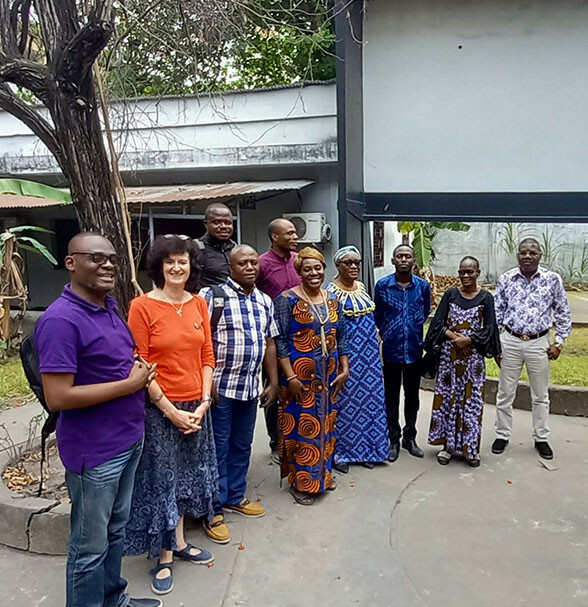
The Belgian presidency of the Council of the European Union has begun in January. Does that affect your work?
Among other things, Belgium is set to focus on equitable access to quality health products. This is now recognised not only as a global challenge but also a European one, as our continent is heavily affected by critical medicine shortages. We are very proud to have been able to shape this priority along with DGD, and hope actions will follow.
During the Covid-19 pandemic, the inequities in vaccine distribution (which were, in my opinion, caused by an astonishing lack of policy preparedness) have created a lot of polarisation. At that time, it might have been more effective to rapidly share the vaccine technology with the countries that were already able to produce vaccines, like Indonesia or Vietnam. Now, rather than fueling the polarising discussion on the past crisis, it would be wiser to look at currently unmet needs, which range from cholera to diabetes and to palliative care, and develop a global ecosystem that allows to address these and to prepare for future outbreaks. Covid seems gone, but millions of people are dying of other things, because of lack of access to medicines, vaccines or diagnostics. We need a system approach, rooted the recognition and valorisation of local capacities and of local and regional leadership.
Spread the word! Share this story on
